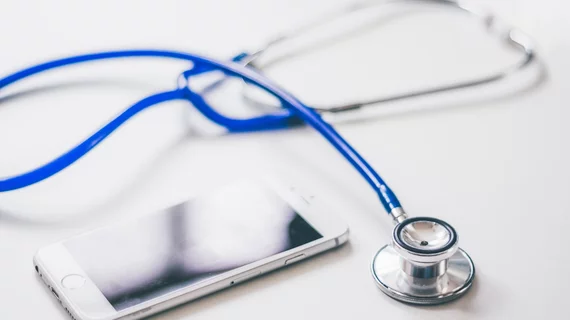Google takes $100M plunge into telehealth
Google Cloud is injecting $100 million into a supplier of telehealth platforms, partly to build out AI systems for helping hospitals remotely handle patient inquiries, intake and triage.
The Silicon Valley behemoth and Boston-based Amwell jointly announced their multipronged plans Aug. 24.
Google Cloud says the $100M investment will be contingent on the closing of Amwell’s upcoming IPO, which also was announced this week.
Among related aims the pair will pursue are translation services via natural language processing, collaboration tools to facilitate staff communications and patient engagement, and data analytics methodologies to monitor patients in homecare settings.
The partnership will allow Amwell (formerly American Well) to refine and scale its telehealth offerings for providers, insurers and patients in current and prospective Amwell markets, according to the joint announcement.
In addition, the partnership will seek to simplify healthcare processes for underserved populations while also helping healthcare workers serve seniors and patients with chronic conditions “in a dramatically new way without compromising on care quality or user trust.”
Related Telehealth Content:
Patient demand for telemedicine remains strong
Telehealth claims surged in 2020
AMA pushes for equity in telehealth
Walmart acquires telehealth provider MeMD
Telehealth demand starts to soften
More than 200 advocates call on governors to retain telehealth flexibilities
HHS awards $55 million to expand virtual healthcare access

